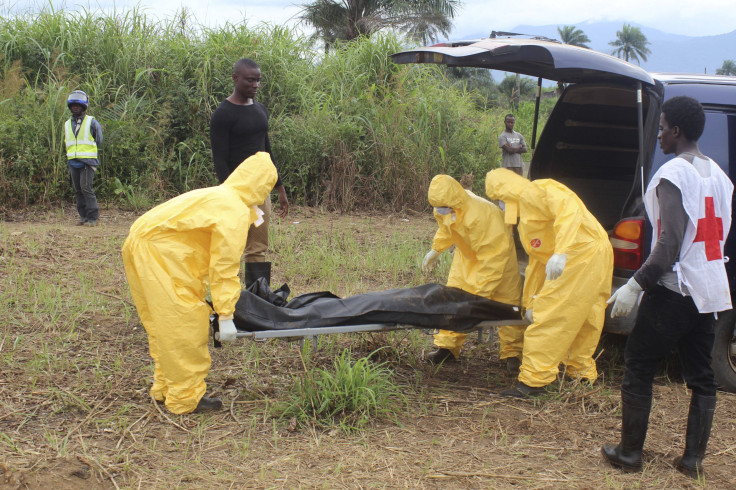IBM, Scripps Want To Enlist Your Smartphone In Fight Against Ebola

IBM has partnered with the Scripps Research Institute in a project that will allow consumers to donate processing power from their Android smartphones and Windows PCs and tablets to power a computing framework researchers are using in the fight against Ebola. To join the effort, dubbed “Outsmart Ebola Together,” individuals simply need to download a free app that connects them to IBM’s World Community Grid, which can rope together hundreds of thousands of devices to form a virtual supercomputer. The software then assigns each device a series of minitasks, the results of which are uploaded to servers at an IBM data center in Toronto.
“Anyone with a laptop or Android device can participate in this project,” said Jen Crozier, VP for global citizenship at IBM. The software is only active when the device is at rest, so participation does not come with a performance hit, IBM said. It’s also secure. Crozier said the World Community Grid has never been hacked successfully.
Devices on the network crunch numbers that simulate how the Ebola virus might react to various chemical compounds, with an eye toward finding a formula that could provide an effective treatment. “This is beautiful, detailed, compelling information that tells you exactly where to hit the weak point of the virus,” Dr. Erica Ollmann Saphire, a Scripps professor who is overseeing the effort, said. “All that idle computer time narrows down what we should go test.”
Ollmann Saphire said she expects a number of new treatments for Ebola hemorrhagic fever to emerge in the next several years as a result of the project, though she added it’s too early to predict when an actual cure might arrive. “Our molecular images of the Ebola virus are like enemy reconnaissance,” she said. “These images show us where the virus is vulnerable.”
The current Ebola outbreak in Western Africa has seen more than 17,000 cases, with over 6,000 fatalities, according to the Centers for Disease Control and Prevention in Atlanta.
IBM launched the World Community Grid 10 years ago. In addition to Ebola, it’s been tasked to carry out research in the fight against malaria, AIDS, certain cancers and other diseases. To date, more than 700,000 individuals have donated processing power to the project. The grid offers an online sign-up form here.
© Copyright IBTimes 2024. All rights reserved.






















